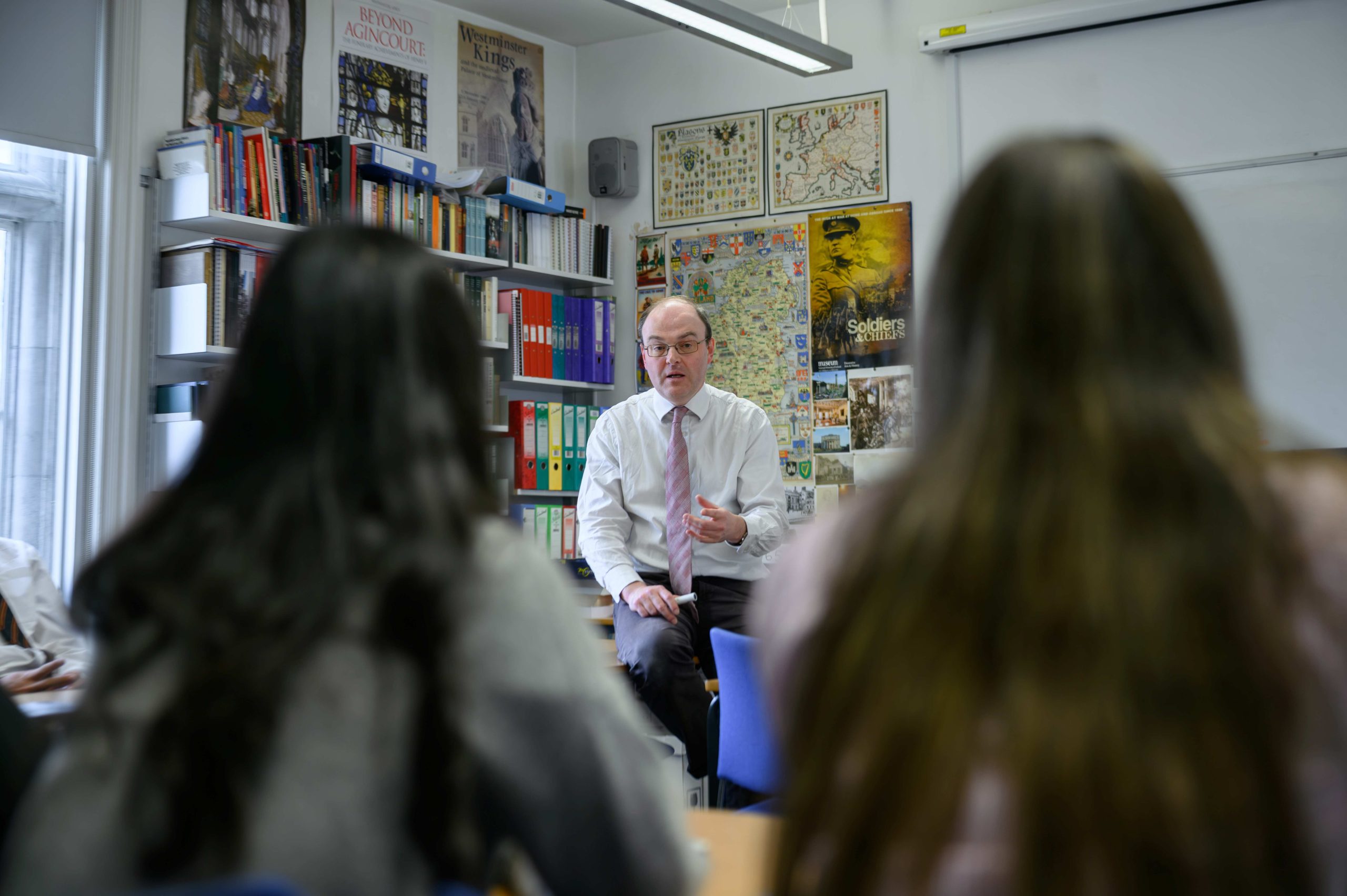During the Fifth Form (Year 9), pupils study aspects of 19th-century European imperialism, with particular focus on Africa, India and China. They then go on to study the causes and course of the First World War. Together these topics allow the pupils to consider the role of the state and its relationship with the individual, patriotism and nationalism, the policies and practices of the British and other European empires towards the peoples under their authority, individual conscience, the limits of human endurance and the moral depths into which both individuals and societies can descend.
In the Lower and Upper Shells (Years 10 and 11), we follow the CAIE IGCSE syllabus – a study of international relations from 1918 to 2005. We begin by focussing on the 1920s and the attempts to build a peaceful global order in the aftermath of the First World War, followed by the failure of this experiment as fascism spread across Europe in the 1930s. We then cover key moments in the Cold War – the Korean War, the Cuban Missile Crisis and the Vietnam War – as well as the nature of Soviet control in Eastern Europe and the causes of conflict in the Gulf region between 1970 and 2005. The course concludes with a depth study of Russia from 1905-1941. This takes in the fall of Tsarism, the Bolshevik Revolution and the communist regimes of Lenin and Stalin until the entry of the USSR into the Second World War. There is no coursework at IGCSE.

